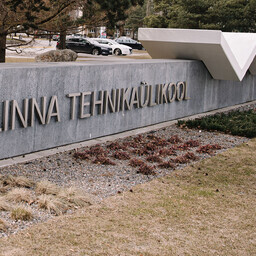The Ragnar Nurkse Institute at Tallinn University of Technology is leading a new research network. The network is called the Islamic Public Value Network, or IPV-net. It will work for two years.
The network has partners from two Western universities. These are Tallinn University of Technology and University College London (UCL). In addition, there are partners from three Muslim-majority countries: a university from Qatar, a university from Indonesia, and a Buddhist university from Bangkok, Thailand.
IPV-net is neither a scholarship program nor a specific research project. It is a collaborative network that organizes meetings, conferences, and joint activities. One of the network's leaders, Professor Rainer Kattel, explained this.
The network is based on the earlier successful IPV project, which was carried out between 2022 and 2025. The project was funded by the Templeton Foundation. Now, IPV-net is funded by resources from University College London.
Researchers in the network emphasize that IPV stands for the public good of Islam. This is not about values, but about the good created by institutions such as hospitals, food systems, and water supply. This good benefits the entire society, often even outside Muslim communities.
Professor Kattel said that the study of non-Western systems is important for universities. Western science has developed thanks to the understanding of different traditions. Technical universities are exploring alternative approaches to governance and public good.
Many publications have been produced under the IPV project. Over 40 scholars worldwide have contributed to the project. Among them are also leading scholars of public administration who are not Muslims.
The work of the network has also attracted criticism. In addition to success stories, there has been constructive and critical discussion on the topic of institutions and public good.

